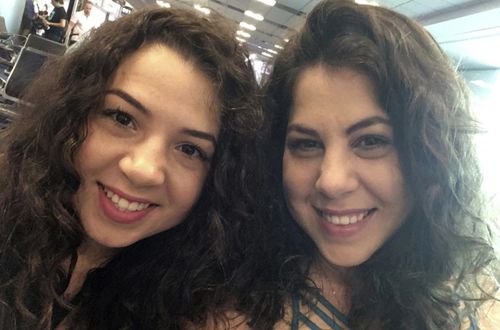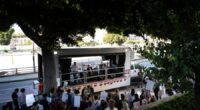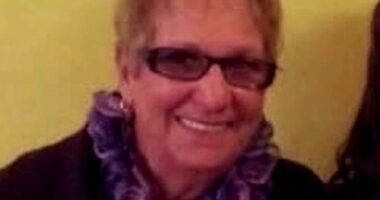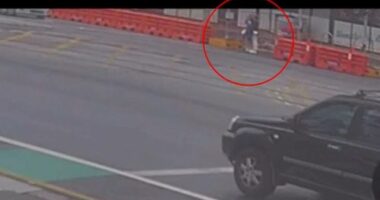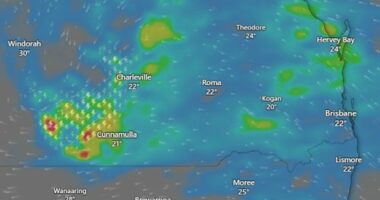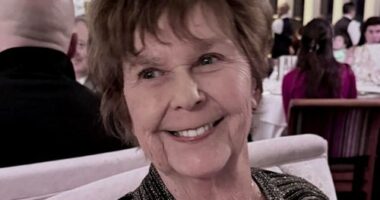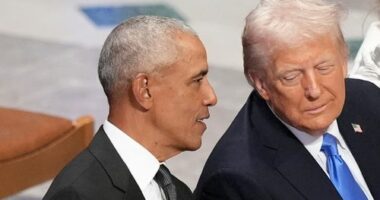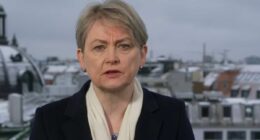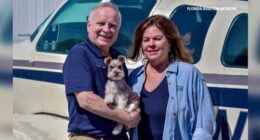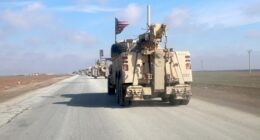Share this @internewscast.com
A jury in Miami determined that Elon Musk’s automotive company, Tesla, shares partial responsibility for a fatal accident in Florida involving its Autopilot driver assistance feature, ordering the company to pay the victims over $370 million in damages.
The jury found Tesla largely accountable due to the failure of its technology, asserting that the blame could not solely be placed on the driver’s recklessness, even though he admitted to being distracted by his cellphone before hitting a young couple who were star gazing.
This verdict comes as Musk attempts to persuade Americans of his cars’ safety and reliability, projecting the launch of a driverless taxi service in numerous cities soon.

The lead attorney for the plaintiffs, Brett Schreiber, argued that Tesla’s use of the term “Autopilot” misleadingly suggested fully autonomous capabilities, putting people at significant risk, since the system only assists with tasks like lane changes and deceleration, rather than full autonomous driving.
Schreiber said other automakers use terms like “driver assist” and “copilot” to make sure drivers don’t rely too much on the technology.
“Words matter,” Schreiber said. “And if someone is playing fast and lose with words, they’re playing fast and lose with information and facts.”
Schreiber acknowledged the negligence of the driver, George McGee, who ran through flashing lights, blew past a stop sign, and crashed into a parked Chevrolet Tahoe at 99 km/h while the couple sat looking at the stars.
The Tahoe spun around so hard it was able to launch Benavides 23m through the air into nearby woods where her body was later found.
It also left Angulo, who walked into the courtroom on Friday with a limp and cushion to sit on, with broken bones and a traumatic brain injury.
But Schreiber said Tesla was at fault nonetheless.
He argued that Tesla facilitated reckless driving by not disabling the Autopilot when drivers exhibit distracting behavior and by allowing its use on roads it wasn’t intended for, such as the smaller road McGee was using.
“I trusted the technology too much,” said McGee at one point in his testimony. “I believed that if the car saw something in front of it, it would provide a warning and apply the brakes.”
The lead defence lawyer in the Miami case, Joel Smith, countered that Tesla warns drivers that they must keep their eyes on the road and hands on the wheel yet McGee chose not to do that while he looked for a dropped cellphone, adding to the danger by speeding.
Noting that McGee had gone through the same intersection 30 or 40 times previously and hadn’t crashed during any of those trips, Smith said that isolated the cause to one thing alone: “The cause is that he dropped his cellphone.”
The auto industry has been watching the case closely because a finding of Tesla liability despite a driver’s admission of reckless behaviour would pose significant legal risks for every company as they develop cars that increasingly drive themselves.
